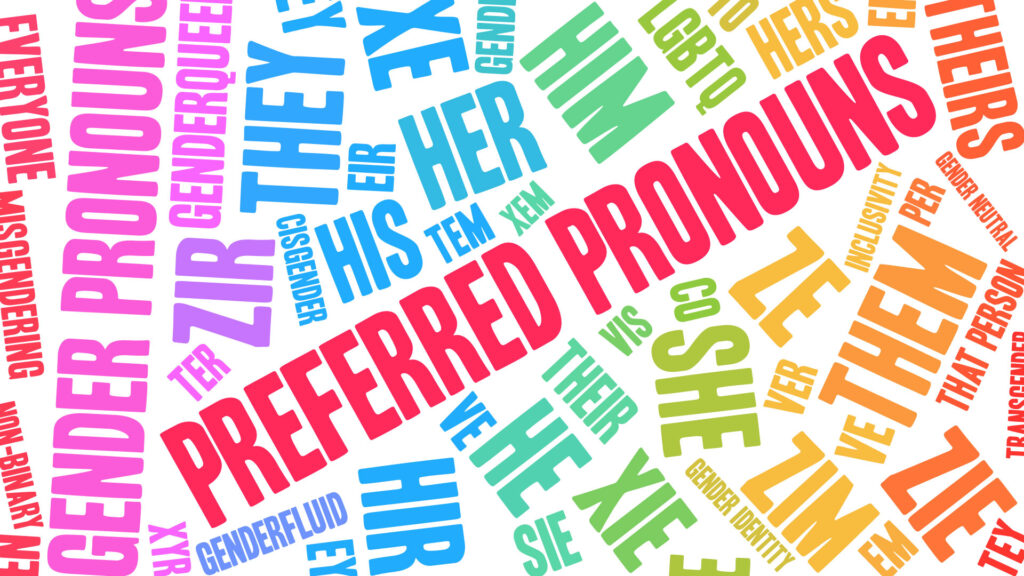A new Colorado law aimed at protecting transgender individuals is now the subject of a federal lawsuit, with critics arguing it violates constitutional free speech protections and could pit parents against their children.
The “Kelly Loving Act” makes it a form of discrimination in public settings to use a name or pronoun that does not align with a person’s self-identified gender. Groups including Defending Education, Protect Kids Colorado, and Do No Harm are plaintiffs in the federal lawsuit challenging the law, which Gov. Jared Polis signed on May 16.0
***Please sign up for CBN Newsletters to ensure you receive the latest news from a distinctly Christian perspective.***
“The Supreme Court has said the First Amendment protects not just your right to say something, but also your right not to be compelled to say something you don’t want to say,” said Sarah Parshall Perry, senior legal fellow with Defending Education.
Following widespread pushback, lawmakers removed a section of the bill that would have treated “misgendering” as coercive control in child custody cases. Plaintiffs are now seeking an injunction, which could make this Colorado’s third case to reach the U.S. Supreme Court.
RELATED: Colorado Dad Shares Horror Story About Losing His Gender-Confused Kid
“The hubris of the state of Colorado to believe that it can put its thumb on the scale of free speech is really an exercise in the kind of narcissism that we’re seeing out of these blue states,” Perry said. “In particular, Colorado is a historic bad actor when it comes to anti-discrimination law. It has the tendency to target objectors to progressive ideologies.”
Perry also suggested the case could set a national legal benchmark.
“I am hopeful that if the Supreme Court does eventually get a chance to weigh in on this case, that they will clarify that the state of Colorado has expressed religious animus,” she said.
Governor Polis, the nation’s first openly gay governor, said he was “not comfortable” with earlier drafts of the bill but praised the final version, calling it a fair compromise.
RESOURCES:
